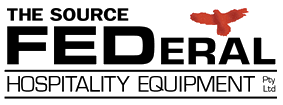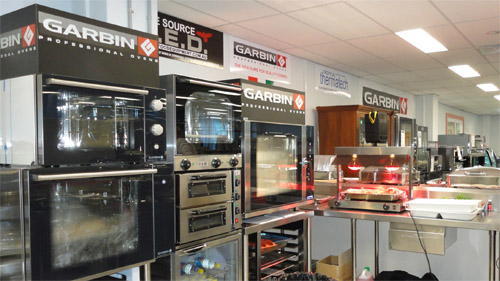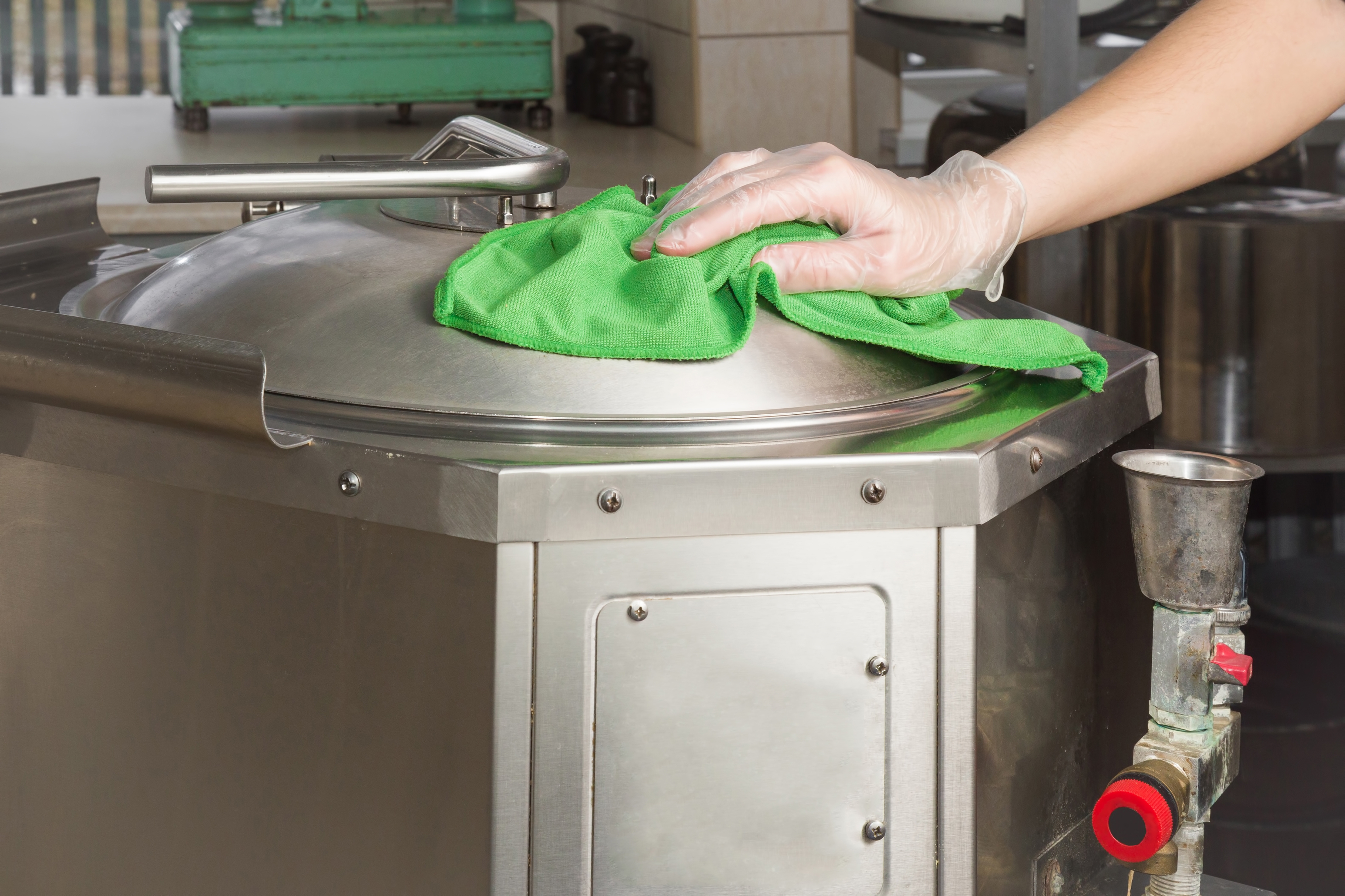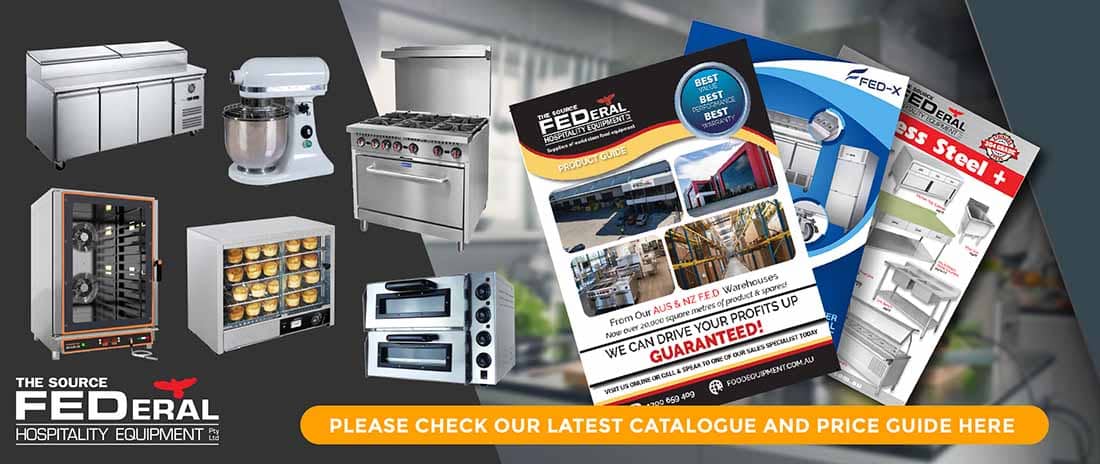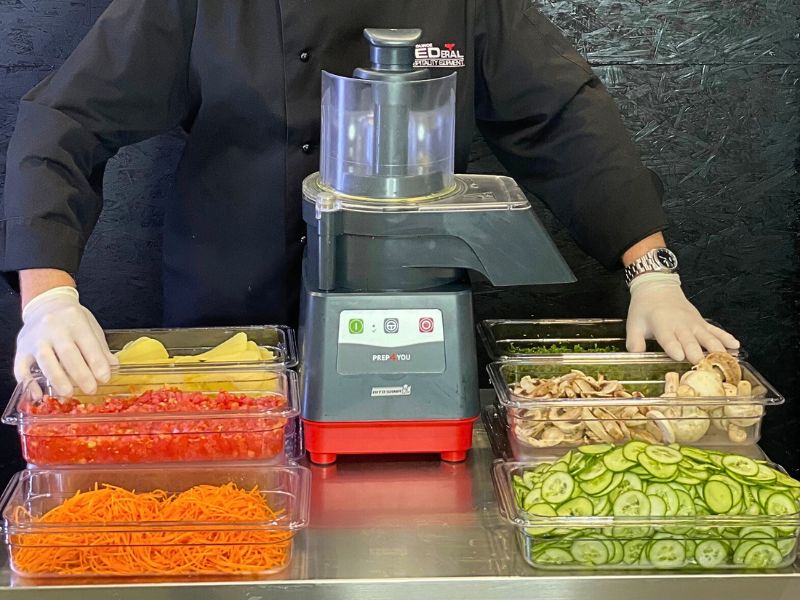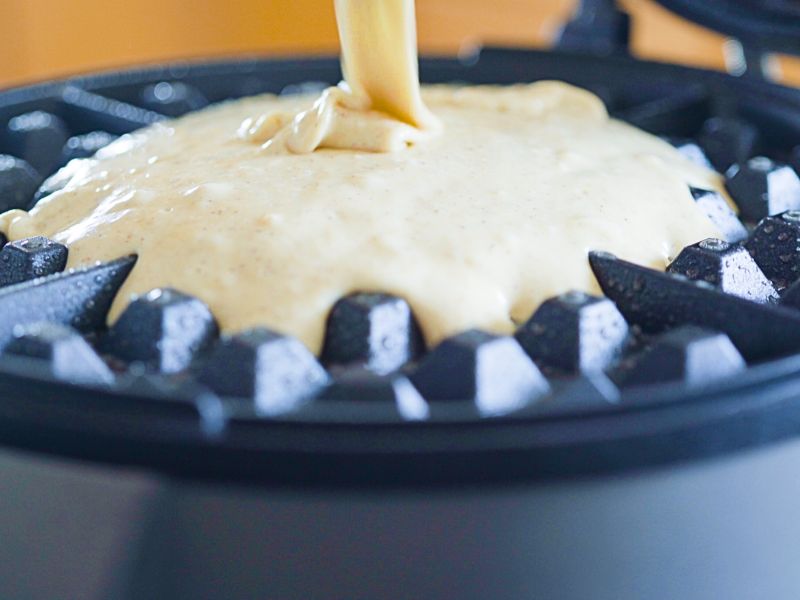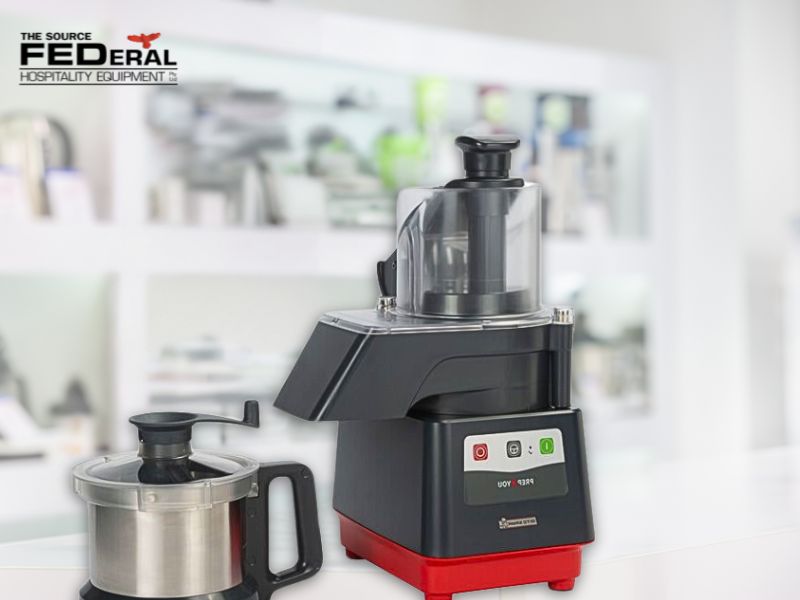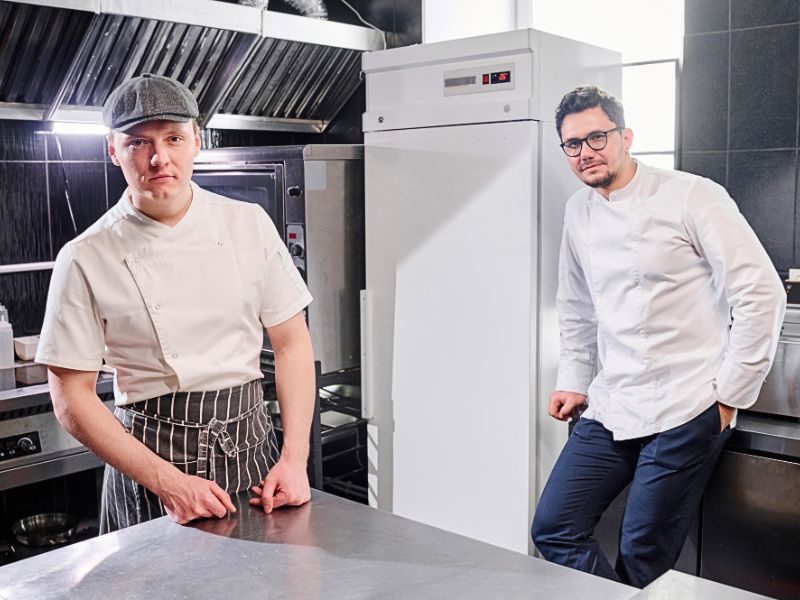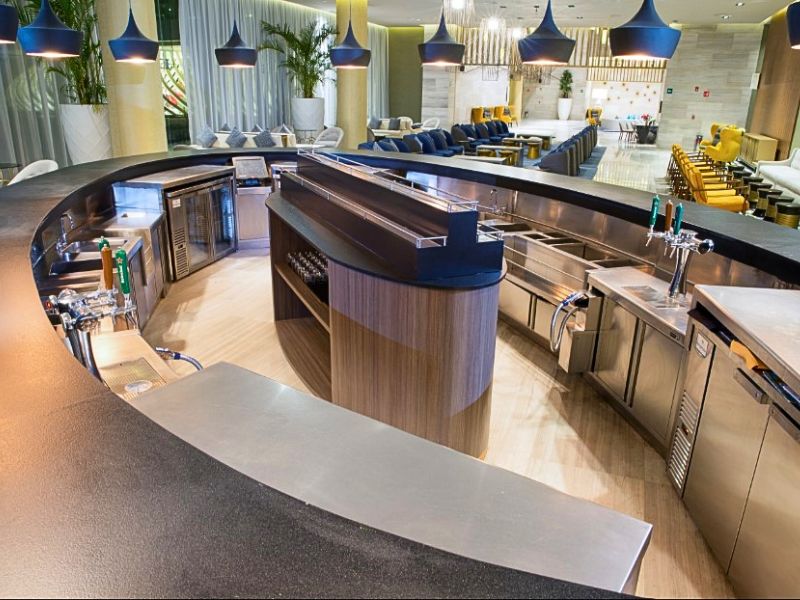Among the essential things you can do to keep your commercial kitchen equipment in good shape is to perform regular maintenance. It means taking the time to clean and inspect your equipment on a schedule so that you can address any potential problems before they cause bigger issues.
Regular maintenance not only keeps your equipment in good working order but also helps prolong its life. And, of course, it's essential for safety reasons. By keeping up with regular inspections, you can help ensure the safety of your kitchen staff and customers.
Don't worry; we're here to help. This guide will walk you through the essential steps for maintaining your commercial kitchen equipment. Following these simple steps can help keep your kitchen running smoothly.
Checking for Signs of Wear and Tear
Inspecting your kitchen equipment on a regular basis is the best way to prevent untimely breakdowns and expensive repairs. Here are some tips for checking for wear and tear:
- • Start by visually inspecting the equipment for any obvious damage. Look for dents, scrapes, rust or corrosion.
- • Turn on the equipment and listen for any strange noises. Is anything making strange sounds or vibrating more than it should?
- • Check the temperature of the equipment. Is anything running too hot or too cold?
If you spot any signs of wear and tear, bring in a technician to take a look. Ignoring these warning signs can lead to severe damage and costly repairs down the road.
Preventative Measures to Keep Equipment Running Smoothly
When it comes to maintaining commercial kitchen equipment, prevention is key. You can take a few basic preventative measures to keep your equipment running smoothly.
- 1. Keep the kitchen clean. It may seem common sense, but keeping the kitchen clean and organized is important to prevent accidents or equipment breakage.
- 2. Check equipment regularly. Make sure to check all of your equipment for damage or wear and tear regularly. It will help you catch any problems early and prevent them from becoming bigger issues down the road.
- 3. Use the correct cleaning products. Unfortunately, using the incorrect cleaning products can actually do more harm than good, so make sure to use products specifically designed for commercial kitchen equipment.
Common Maintenance Practices for Commercial Kitchen Equipment
Now that you know the four main types of commercial kitchen equipment, it's time to learn about some common maintenance practices. These will help keep your equipment in good condition and prevent any potential problems down the road.
- • Cleaning: This is arguably the most important maintenance practice for any type of equipment. Kitchen grease and other build-ups can quickly lead to expensive repairs or replacements. So, it's essential to clean your equipment regularly. Many commercial kitchen equipment manufacturers will have specific cleaning instructions that you should follow.
- • Lubrication: Another essential maintenance practice is lubrication. It helps keep moving parts working smoothly and prevents wear and tear. Again, consult your equipment's manufacturer for instructions on what type of lubricant to use and how frequently to apply it.
- • Adjustments: From time to time, you may need to make adjustments to your equipment. It could be as simple as tightening a loose screw or adding more oil to a fryer. Once again, consult your equipment's manufacturer for specific instructions.
- • Calibration: If your equipment has any digital displays or controls, it's important to calibrate them regularly. It ensures that they are accurate and working correctly. Incorrect readings could lead to problems with the quality of your food or even safety issues.
Conclusion
So, there you have it—your essential guide to maintaining commercial kitchen equipment. Following the simple steps above, you can keep your kitchen running like a well-oiled machine.
Taking proactive measures to maintain your commercial kitchen equipment, including essential items like bain maries and bar fridges Australia offers, is crucial for ensuring their longevity and reliable performance. By following the recommended maintenance procedures and promptly addressing any issues, you can optimize the functionality of your equipment and maximize its lifespan, thereby ensuring a well-equipped and smoothly operating kitchen environment.
Remember to follow your equipment's maintenance schedule, and any worn or broken parts should be replaced as soon as possible. With a little bit of TLC, your kitchen equipment will last for years to come.
